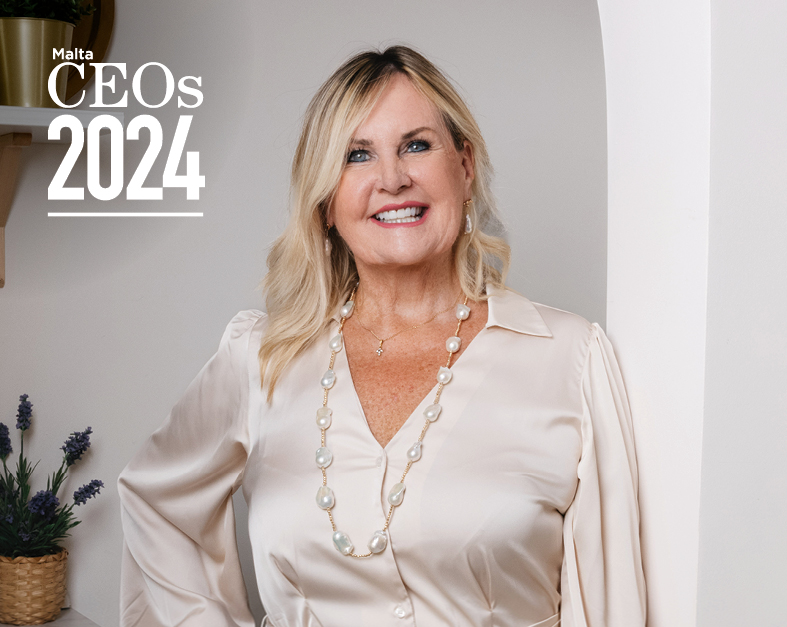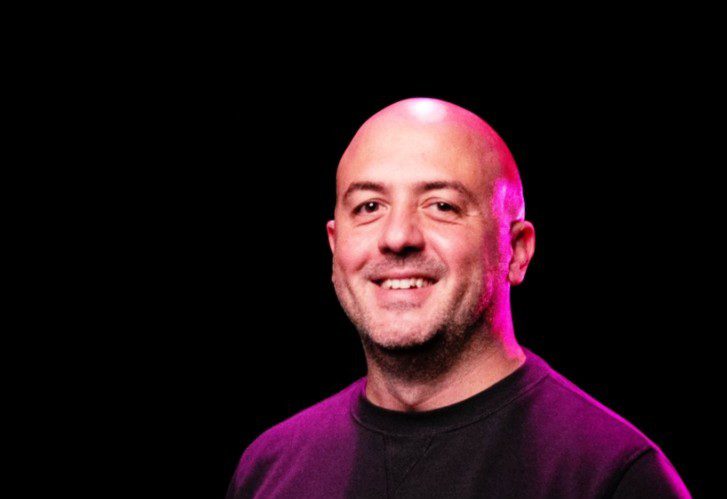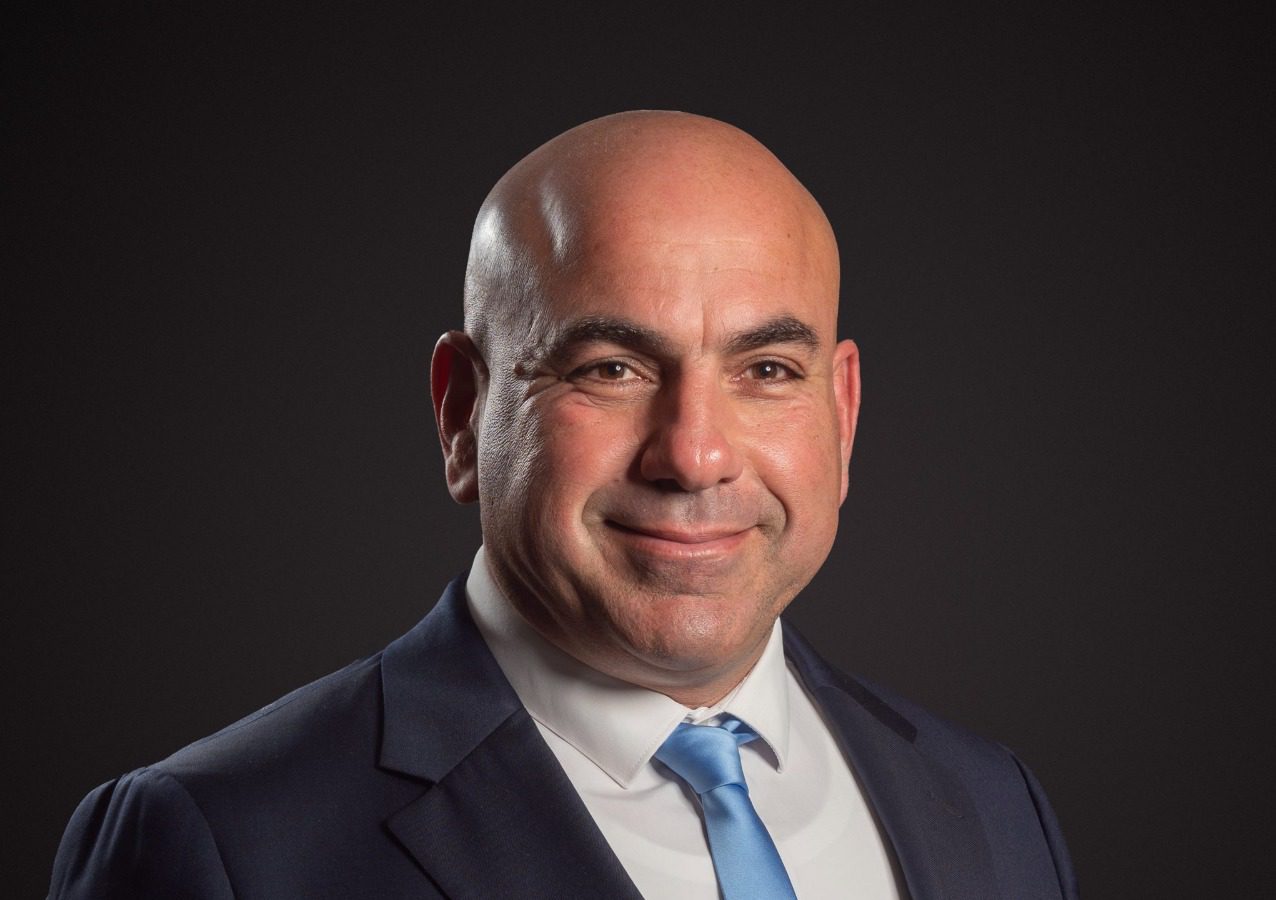In order to get the best out of their teams, business leaders have to incorporate a number of management styles. Finding the right style can help the team feel trusted, generate better results, and motivate them to act.
One style that has risen to prominence over the past few years, particularly following the COVID-19 pandemic and the increased flexibility that it brought with it, is servant leadership.
Servant leadership is an approach that prioritises growth, well-being and empowerment of employees. Its primary goal is to foster and create an environment that allows each member of the organisation to thrive and succeed, hence putting employees first.
The pandemic strained many businesses, especially when it comes to workforce retention and recruitment. The labour market has had a total shift to one that is largely controlled by job seekers, with employees demanding remote or hybrid working arrangements where possible, together with increased salaries and other employee benefits.
As a result, many business leaders have had no choice but to take on a servant leadership style, focusing on retaining their current team, sometimes at all costs.
However, as seen through a number of instances, this is not always ideal.
One particular case is that of Ron Shaich, Founder and former CEO of Panera Bread, an American bakery-café chain which has over 2,000 outlets spread across the United States and Canada. He was CEO of the company for 26 years, remaining in the role up until he stepped down in 2018.

Writing in his recent book, “Know What Matters: Lessons from a Lifetime of Transformations”, Mr Shaich said: “One of my greatest regrets or failings as a leader is that I should have fired more people faster.”
In today’s business environment, that is quite a shocking statement for such a notable business leader to make. However, he explained that he felt that way because it took him quite some time to come to terms that as a business leader, his primary responsibility was to the organisation, not to each employee.
“A leader’s responsibility is not to make a person succeed,” Mr Shaich wrote.
“A leader’s responsibility is to create direction for the organisation and provide the space within which individuals can step up and perform, should they choose to do so. Some will. But some won’t,” he added.
During the more than two decades he served as Panera Bread CEO, Mr Shaich gradually learnt how important it is to have “honest conversations” with employees in a timely manner, rather than letting things settle down on their own.
“I was too wrapped up in being a caring leader,” he said, adding: “I used to think that servant leadership meant treating my team as a family.”
He stressed that servant leadership ultimately is not about being nice to others, but it is all about being helpful.
“And radical honesty is a much greater service to people than simply being kind,” Mr Shaich wrote.
Correcting, warning and firing an employee is a difficult step for any business leader. Aside from the challenges brought about by having to recruit a replacement, they need to also face the repercussions that may emerge, particularly if the former employee had a great relationship with others at the workplace.
However, business leaders first and foremost must focus on what can steer the business in the right direction, even when adopting a servant leadership style.
Mr Shaich said that it is important to meet people where they are at, accepting them for who they are. In some cases, this means firing them.
While he stressed that firing employees is almost always difficult, Mr Shaich remarked that there have been instances where he has received thank-you letters from people he’s fired over the years, as the decision to part ways was the best decision for all parties involved.
“You can fire someone and still respect each other,” he stated.
Keith Cassar named Chief Technology Officer at Game Lounge
He previously served as Chief Data and Analytics Officer at the affiliate marketing firm.
Financial services bodies speak out: ‘Any damage to our reputation will negatively affect Malta as a whole’
This comes as a number of individuals and businesses are facing charges due to their involvement in a hospital privatisation ...
Chairman says Stivala Group made ‘notable progress’ in 2023 despite numerous challenges
During 2023, the property and hospitality group made €73 million in pre-tax profit, up by 170.2% from the previous year.
MFSA and UM launch new Postgraduate Diploma in Financial Regulation and Compliance
The programme, set to start in October, aims to ‘strengthen Malta’s capacity’ with respect to compliance and AML.











